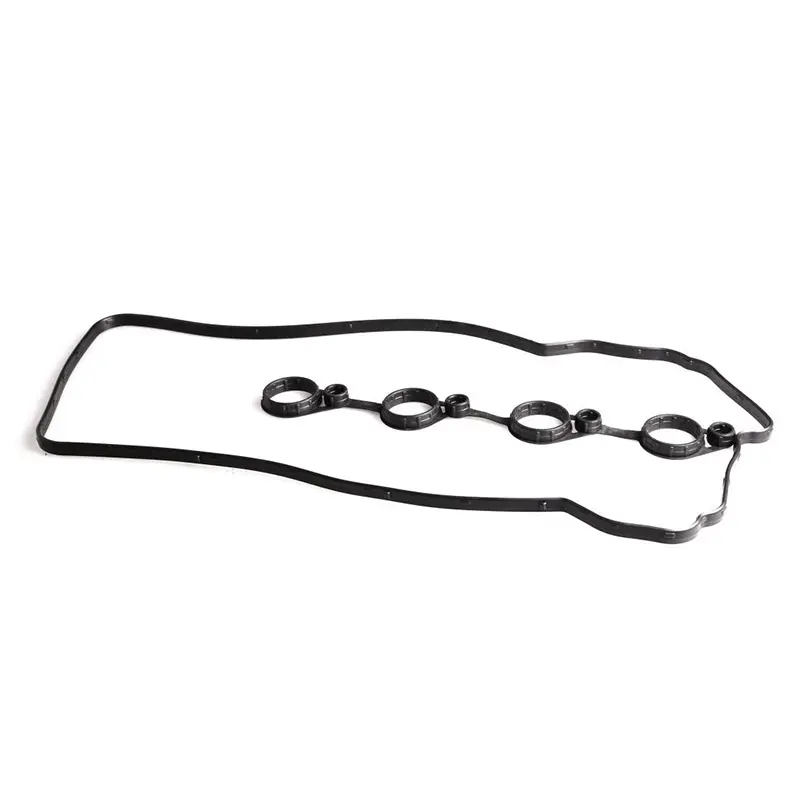11 月 . 01, 2024 12:29 Back to list
Understanding Car Valve Cover Gaskets and Their Importance in Engine Performance
Understanding the Importance of Car Valve Cover Gaskets
The valve cover gasket is a crucial component in any internal combustion engine. It sits on top of the engine’s cylinder head and is responsible for sealing the area between the valve cover and the cylinder head. This seemingly simple gasket plays a significant role in maintaining the overall health and performance of your vehicle. In this article, we will delve into the purpose of the valve cover gasket, the signs of a failing gasket, and the importance of timely replacement.
Purpose of the Valve Cover Gasket
The primary function of the valve cover gasket is to prevent oil leaks. Inside the engine, oil circulates to lubricate various components, including the camshaft, lifters, and valves. The valve cover sits atop the cylinder head, and the gasket creates a seal to keep oil contained within the engine. Without a proper seal, oil can escape, leading to a range of issues including oil loss, increased friction, and potential engine overheating. Additionally, the gasket also helps keep contaminants out of the engine. Dust, dirt, and other debris can find their way into the motor if there are gaps, which might lead to accelerated wear and tear on engine components.
Signs of a Failing Valve Cover Gasket
Over time, the rubber or silicone material of the valve cover gasket can degrade due to heat, exposure to oil, and other environmental factors. When this happens, you may notice several warning signs that indicate a failing gasket. One of the most obvious signs is the presence of oil leaks around the edges of the valve cover. These leaks can drip down onto other components of the engine or even onto the ground beneath your vehicle.
car valve cover gasket

Another indicator of a failing gasket is an increase in oil consumption. If you find yourself needing to add oil more frequently than usual, it may be due to a leak caused by a failing valve cover gasket. Furthermore, you might also observe a burning oil smell, which is a result of oil leaking onto hot engine surfaces.
Importance of Timely Replacement
Ignoring a faulty valve cover gasket can lead to more severe issues down the line. Oil leaks can contaminate other engine components and lead to costly repairs or even engine failure. Therefore, it is essential to address the issue promptly. Replacing the valve cover gasket is often a straightforward and relatively inexpensive procedure, especially compared to the potential costs associated with engine damage from leaks.
When replacing a valve cover gasket, it is crucial to ensure that the new gasket is of high quality and properly fitted. It's also advisable to check for any other related issues, such as damaged spark plugs or electrical components that may have been affected by oil leaks.
Conclusion
In summary, the valve cover gasket is a small but vital component of your vehicle's engine. Regular inspection and maintenance can prevent the headaches associated with oil leaks and the resulting engine damage. By understanding the importance of the valve cover gasket, recognizing the signs of failure, and ensuring timely replacement, you can help maintain your car's performance and longevity. Always consult a professional mechanic if you suspect issues with your valve cover gasket to keep your engine running smoothly.